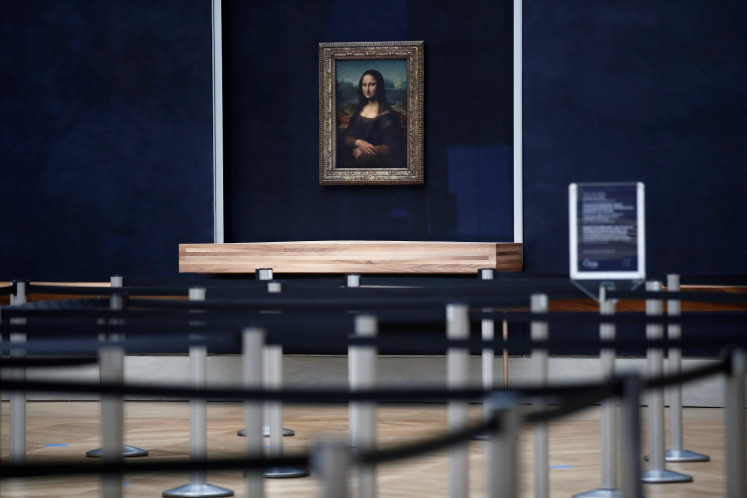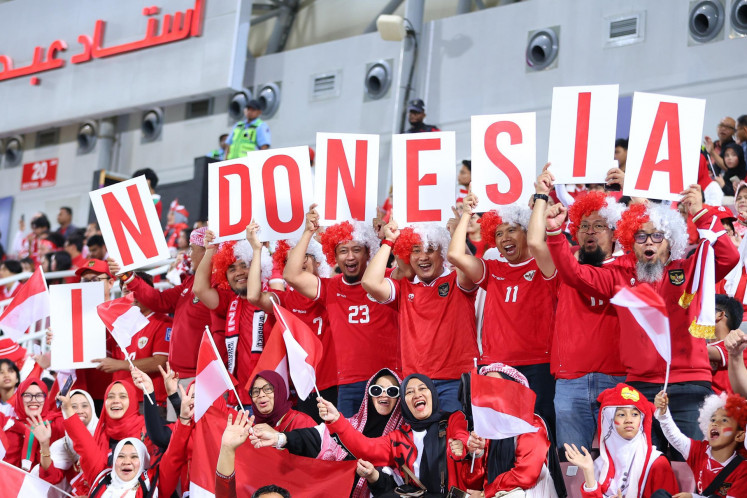‘Don’t Touch Me!’: Danilla, Marion Jola, Ramengvrl roar against misogyny, sexism
Indie pop/rock singer-songwriter Danilla, pop/R&B singer Marion Jola and rapper Ramengvrl formed an unexpected alliance and released “Don’t Touch Me”, an unapologetic track that could inspire a long-overdue Time’s Up conversation across Indonesia
Change Size
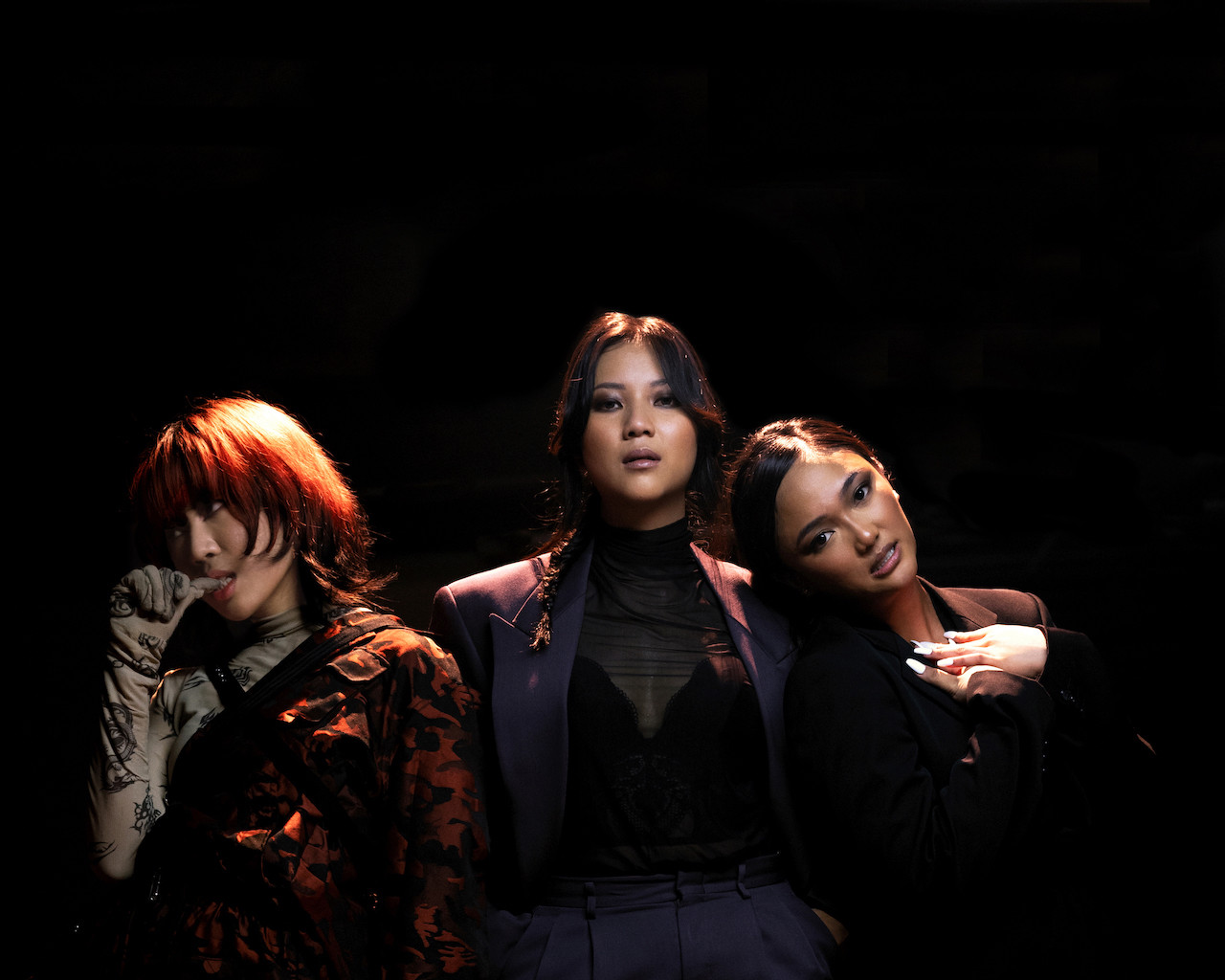 United triad: Indie pop/rock singer-songwriter Danilla (center), pop/R&B singer Marion Jola (right), and rapper Ramengvrl (left) teamed up for genre-bending banger "Don't Touch Me". (UMI/Courtesy of Universal Music Indonesia)
United triad: Indie pop/rock singer-songwriter Danilla (center), pop/R&B singer Marion Jola (right), and rapper Ramengvrl (left) teamed up for genre-bending banger "Don't Touch Me". (UMI/Courtesy of Universal Music Indonesia)
W
hen indie pop/rock singer-songwriter Danilla, pop/R&B singer Marion Jola and rapper Ramengvrl (real name Putri Estiani) announced their team-up and dropped their song “Don’t Touch Me” on June 11, many of their fans were shocked by the song’s curse-filled lyrics and unusual production. Written by the three artists and produced by Danilla and her longtime producing collaborator Lafa Pratomo, the 4-minute-and-41-second genre-bending track gives voice to suppressed rage by women as they deal with perpetual injustice in their everyday lives, which include—but are not limited to—sexual abuse, violence against women, misogyny and double standards.
The united triad spoke with The Jakarta Post on July 9, sharing that the initial idea for “Don’t Touch Me” came from Marion Jola. “I had always wanted to record a song about womanhood and the whole female experience,” said Marion. “I’m also a huge fan of Danilla’s, so around early 2020, I decided to approach her for a potential collaboration. Soon after, Ramengvrl came on board and the three of us decided to write a song together.”
Danilla found that working as a trio was more potent than as a duo. “When Marion reached out to me, I understood already that she and I came from different genres. I had studied Marion’s body of work before—which is mostly pop—and I had recently delved into the post-rock music scene myself, so I thought, ‘Can we really pull this off as a duo? Post-rock meets pop? How can we incorporate them altogether?’” she laughed. “But then, Ramengvrul showed up and I started envisioning the three of us as some kind of a trio of superheroines. Also, since Ramengvrl came from rap music, she could be the bridge that connects Marion’s aesthetics to mine.”
While songs about womanhood could be considered prevalent in the Indonesian music industry—for instance, the Raisa-Isyana collaboration “Anganku Anganmu” (My Fantasy Is Your Fantasy) and Rossa’s latest “Wanita” (Woman)—the three “superheroines” decided to put the subject under an “angrier and grittier” microscope. Danilla explained that the lyrics “were inspired by our shared experience. The three of us had been through similar situations [as depicted in the song].”
Read also: Rights awareness and empowerment key to advocating women’s wellbeing
Ramengvrl added that the lyrics’ explicit style “simply came out of nowhere. I think it was because of the beats that Danilla and Lala had created. People might find the lyrics very foul, but for me, I’m used to that. However, the goal was not to scream out female rage. It’s really about, like, ‘Dude, we women don’t have to hold ourselves back.’”
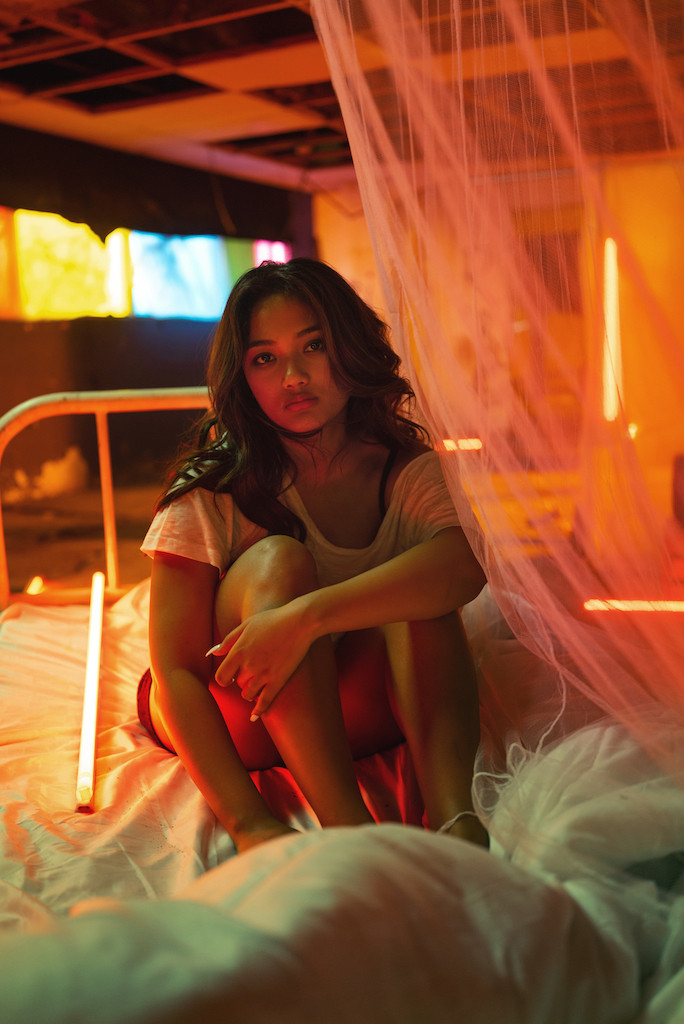
As one of the producers of the song, Danilla was thrilled by how her collaborators “were willing to go crazy. Marion and Ramengvrl were down for anything, and once we workshopped the song, there came a moment when the mix of Danilla, Marion Jola, and Ramengvrl finally clicked. The three of us came out with an equal portion and the three of us got to shine as individuals, as well.”
For Marion, “Don’t Touch Me” marked new ground for her career. Not only was it her first time working with Danilla and Ramengvrl, but it is also the first song in her body of work for which she is credited as a songwriter. “I was pretty insecure when I submitted the song to my label [Universal Music Indonesia]. It was my first foray into songwriting and I was worried if they might find this song too ‘idealistic’ and couldn’t fit anywhere. Then Danilla and Ramengvrl said to me, ‘Just blame it on us! It’s okay! Just throw us under the bus!’” she laughed. “Eventually, though, the label approved and everything was smooth-sailing.”
As if the song was not gritty enough, the music video—directed by Anton Ismael—doubles down the trio’s intentions with disturbing scenes and imagery that reference sexual abuse, violence against women, male gaze, double standards and victim blaming. “We talked with Anton, and we came to a mutual understanding that the big theme for the music video is ‘us being unapologetic’,” explained Ramengvrl.
Read also: Online sexual abuse has more than doubled during pandemic
She continued, “Being a woman always comes with its own constraints. Everyone has their set of problems, of course, but it’s different for women. From birth, we are judged based on our sex."
Ramengvrl added that "That’s why the video had me punching the walls, had Marion screaming like a banshee at the camera and Danilla plunging into a freakin’ coffin! This music video is our way of saying that we don’t care about anyone’s judgment of us.”
Female artists vs. misogyny
As forefront figures in their respective genres, the ladies are no strangers to how the industry and media often treat female artists—particularly the young ones. “I feel like stuff like this will always happen to me,” remarked Marion, who is 21 years old. “When you are nice-looking and appear somewhat flirty, you will be immediately subjected to subversion. What the media ask will always be, ‘Who are you wearing? How long did you take to apply your makeup?’ And the television hosts will introduce you as, like, ‘The sexy and seductive Marion Jola!’ I mean, at least just call me a ‘musician’, man! They don’t have to mention my achievements or anything. I’d be more than happy just being called a musician.”
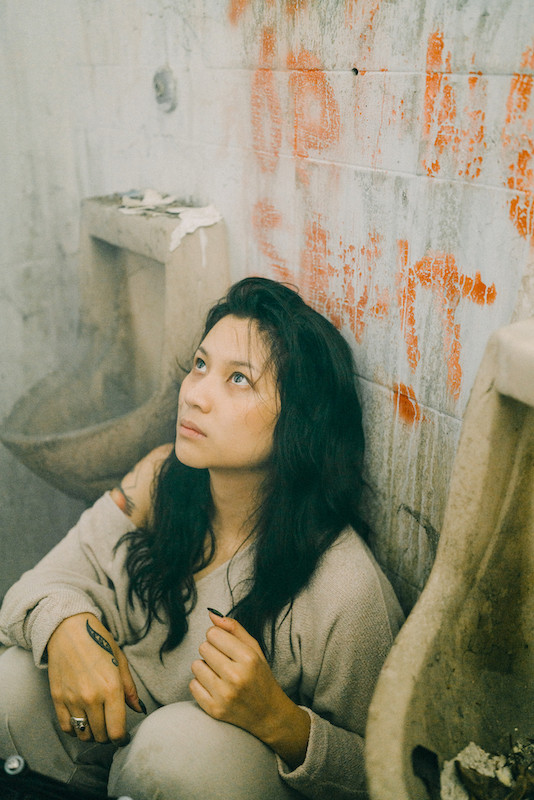
Marion further commented that regardless of the acclaim she had received throughout her career—her debut album was nominated for Best of the Best Album at the 2020 AMI Awards—most people believed that it was all “a fluke. That it was because of my looks and not my talent. When I released ‘Don’t Touch Me’—a song that I’m deeply proud of—what people cared about was the mini-dress I wore for my birthday!”
In the case of Danilla, she is notorious for “going left when female artists are expected to go right”—for instance, her recent endorsement of German alcohol brand Jägermeister and the launch of her electronic cigarette line Luap. “I once tried to be, like, a common pop artist. My mom wanted me to be like [Filipino pop singer] Sabrina. Can you believe that?” she laughed. “Soon I realized that I’m just not into that kind of stuff. I think it would be cringey if I made music like Justin Bieber, you know? I’m just doing what is best for me, is all.”
Read also: 'Feminism is not for Indonesia’: Conservative Muslims' recipe for women's empowerment
As a woman in rap music, Ramengvrl is used to “how people can’t seem to wrap their heads around the fact that women can love rap music. However, I had to understood from the get-go that rap music is dominated by men, especially in Indonesia.”
She highlighted that the issue was “less about men and more about age-old expectations. People still expect that a rapper should behave in a certain way, complete with all the swags and diss tracks. Can’t blame them, though. There’s no rap culture in this country. What we’ve got is pantun culture. Our country still has a long way to go, if you ask me.”
“Don’t Touch Me” is available for streaming.





